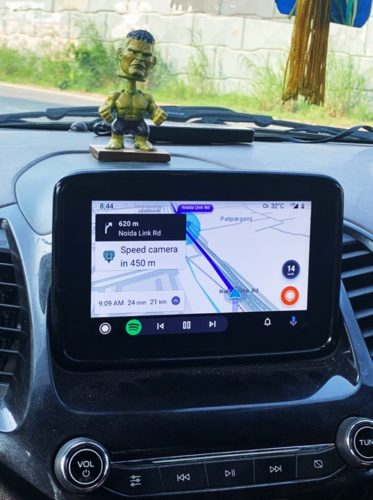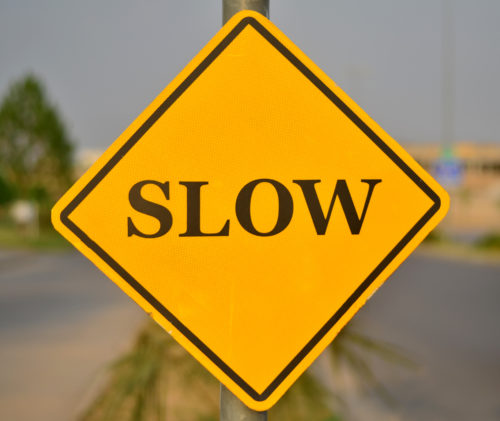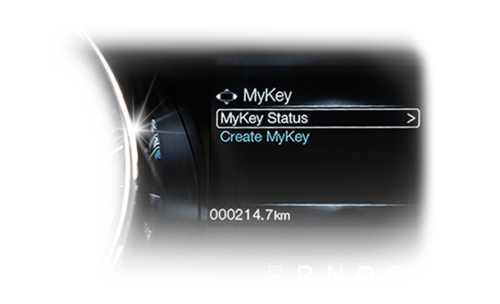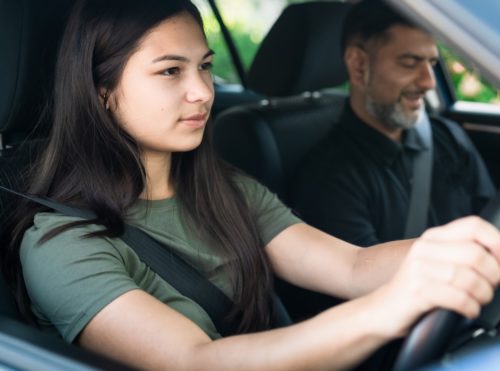Five Things Our Parents Typically Do When Seated In The Passenger Seat Beside Us
Most of us start driving with our parents as passengers and thereby experience two new phenomena that stay with us pretty much forever: the joy of driving a car and the sometimes maddening yet always adorable situation of having one’s parents around to offer advice.
Celebrating this wonderful peculiarity doesn’t really require any special occasion. Most parents follow well-defined patterns of behaviour while being driven by their children – patterns that disregard whether their child is just learning to drive or has racked up thousands of kilometres of driving experience over years of adulthood. These patterns look as if they are permanent and here to stay. So, here’s what to expect (if you have not already):
Maps Vs Humans

Many of us grew up and learned driving in the era where navigating involved stopping the car, rolling the windows down, and asking passers-by for directions. Our parents most certainly did the bulk of their navigating this way. While millennials, as the last hybrid generation, have embraced online navigation in all its glory, their parents still look at GPS-enabled navigation with some trepidation.
We’ve all been there. If we get a little lost while driving, even before we can make sense of what our GPS is trying to tell us, our parents would have rolled down the window and shouted out to the first person in the vicinity. This reliance on human navigational advice is certainly lovely, but if your car is a Ford, you’ll likely see much less of this. The SYNC® infotainment system comes with built-in navigation that works in real-time to ensure you are never lost.
Slow Down

Parents don’t like it when their children drive fast—this is one of the immutable laws of the universe. And they express this dislike in many ways: eye rolls, tongue clicks, and exclamations of “slow down!” If you drive a Ford, though, your parents’ need for less speed will be sated by the safety kit on our cars—programs like Electronic Stability Control (ESC) and Anti-lock Braking System (ABS) ensure that Ford cars react predictably to sudden surprises on the road, while the abundance of airbags provides reassurance to the parental mind (the Ford Endeavour is equipped with 7 airbags).
No Loud Music Please

Even the most musically inclined parent will reflexively reach out for the volume knob to turn it down while you are driving. Music, the parental mind declares, can be a great distraction when driving. Therefore, it has to be turned down to an ear-friendly volume, if not eliminated altogether. The same parental mind is thoroughly convinced that loud music is most distracting when trying to navigate or find a parking spot. Apparently, if you turn the music down, parking spots magically present themselves. And if you drive a Ford, then that worry is also sorted thanks to the Ford MyKey® – a technology that provides an extra element of safety allowing you to set a limit the car’s stereo volume, set speed limits, block incoming calls and text messages, and even set seat belt reminders, all of which help to reduce distractions and increase safety.
Little More, Little More, STOP!

Ah, the parking mantra of the passenger parent… we’ve all heard it at some point or the other. Parents are (justifiably) mortified of nicking and scratching the car, an event that frequently transpires while trying to park. To help, parents think it best that they hop out and guide their offspring into the parking space, with lots of urgent shouts, instructions, and taps on the rear window. To be fair, this habit was once very useful and much appreciated. But modern cars come equipped with parking aids like a rear-view camera and parallel parking assist that use sensors (which, to be fair, also beep urgently) to safely guide you into the tightest of parking spots.
Talking And Driving – Don’t Mix

If you ever want your parents to shut up, just put them in the passenger seat while you drive. Winding conversation, much like loud music, counts as a distraction for them. No wonder that “Stop talking, keep your eyes on the road” has become a parental rally call.
As we grow older and become parents ourselves, there’s every chance we will develop some of these quirks too. Others, like human navigation or parking aid, will probably die out, thanks to the array of amazing technology that cars are equipped with. Our parents started driving when cars had barely any safety kits and almost no electronic wizardry in the form of driving aids. It’s a different world now, and their behaviour patterns may seem anachronistic – which is perhaps what makes them so endearing in the first place.
Subscribe to our newsletter
Subscribe to our newsletter to stay upto date with latest news, offers and much more



